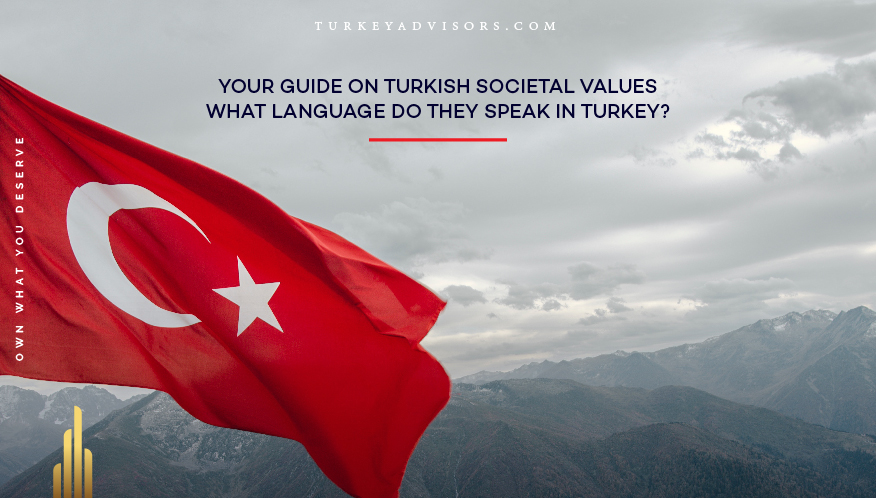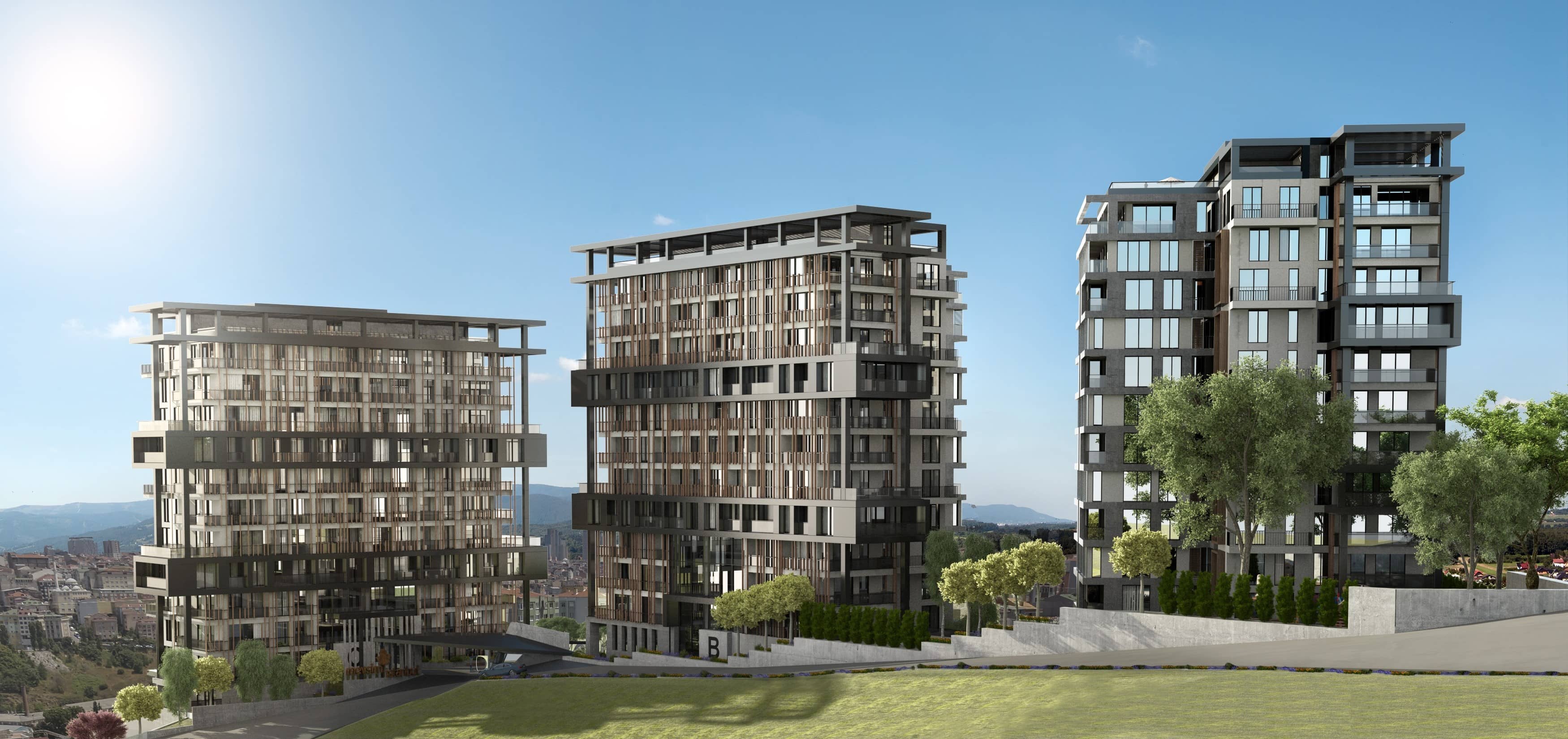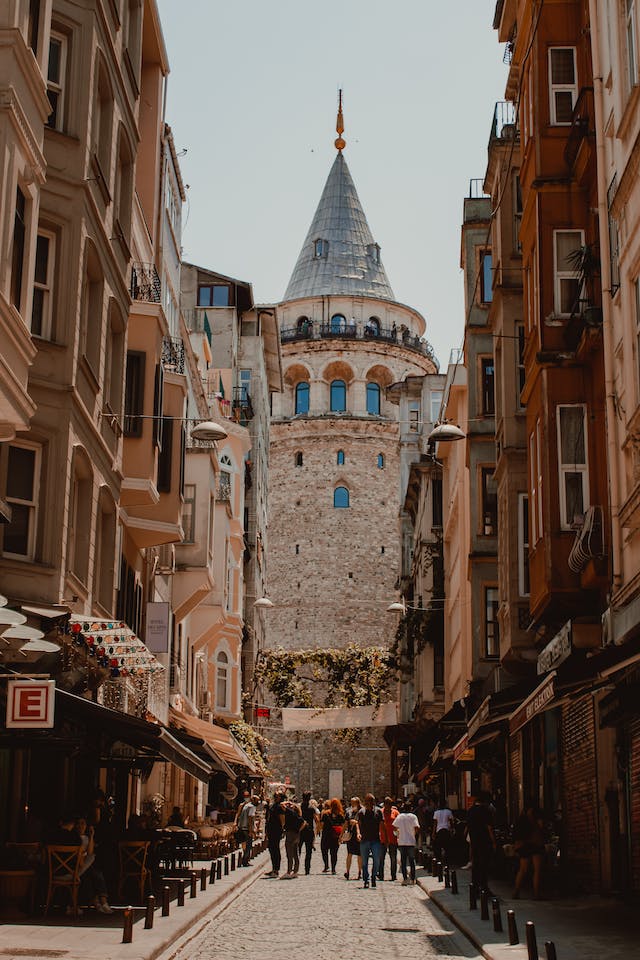Your guide on Turkish societal values - What language do they speak in turkey?
Your guide on Turkish societal values - What language do they speak in turkey?

Your guide on Turkish societal values - What language do they speak in turkey?
Turkey is a multicultural country located at the intersection of Europe and Asia, with a population of over 80 million people. The majority of the population speaks Turkish, which is the official language of the country. In this article, we will delve into the Turkish language and its importance in Turkish societal values.
The Turkish language is an integral part of Turkish culture, and its different sounds and dialects can be heard in cities like Istanbul, Antalya, izmir turkey, and ankara turkey. When arriving at Istanbul airport, visitors are greeted with the warm hospitality that Turkish culture is known for. As the capital of Turkey, ankara turkey represents the heart of Turkish politics and government. Meanwhile, Bodrum Turkey is a popular destination for tourists looking to experience the country's stunning beaches and vibrant nightlife. The city of Fethiye is another coastal gem in Turkey, with its crystal clear waters and lush green hillsides. No matter where you go in Turkey, the social customs of saying hello and thank you in Turkish and drinking Turkish tea are ubiquitous. As for the turkey weather, Turkey enjoys a Mediterranean climate with hot summers and mild winters, making it a great destination for year-round travel. With so many cities in Turkey to explore, from the bustling metropolis of Istanbul to the laid-back resort town of Alanya, there's something for everyone to discover in this fascinating country.
Turkish is a member of the Turkic language family, which includes languages spoken in Central Asia, Siberia, and other parts of the world. It is an agglutinative language, which means that words are formed by adding suffixes and prefixes to a base word. Turkish has a rich vocabulary, with influences from Arabic, Persian, and French.
The Turkish language has played a significant role in shaping Turkish societal values. One of the most important values in Turkish culture is hospitality, and the Turkish language reflects this value through its use of honorifics. Honorifics are titles or suffixes that are added to a person's name to show respect or affection. In Turkish, there are many honorifics that are used depending on the relationship between the speaker and the person they are addressing. For example, the title "abi" is used to address an older brother or a person who is respected like an older brother. The use of honorifics shows the importance of showing respect and hospitality towards others in Turkish culture.
Another important value in Turkish culture is family. The Turkish language has many words and expressions that reflect the importance of family relationships. For example, the word "aile" means family, but it also encompasses the idea of a close-knit community that includes extended family members and close friends. The word "anne-baba" means mother and father, but it also implies a strong bond between parents and children. The Turkish language also has many expressions that express gratitude and respect towards parents and elders, such as "Allah uzun ömür versin" (may God give you a long life).
Respect for elders is another value that is reflected in the Turkish language. In Turkish culture, elders are respected and valued for their wisdom and experience. The Turkish language has many words and expressions that show respect for older people, such as "amca" (uncle), "teyze" (aunt), "dayı" (uncle), and "hala" (aunt). These words are used not only to refer to one's own relatives but also to older people in general. The use of these words shows the importance of respecting and valuing elders in Turkish culture.
Another important value in Turkish culture is loyalty. The Turkish language has many expressions that reflect the importance of loyalty and trustworthiness. For example, the expression "arkadaşlık her şeyden önce gelir" (friendship comes before everything) emphasizes the importance of loyalty in relationships. The word "dost" means friend, but it also implies a deep level of trust and loyalty. Loyalty is also reflected in the use of the word "vatan" (homeland), which is used to refer to Turkey and implies a sense of loyalty and devotion to the country.
In conclusion, the Turkish language plays an important role in shaping Turkish societal values. The use of honorifics reflects the importance of hospitality, while the many words and expressions related to family, respect for elders, and loyalty reflect the values of Turkish culture. Understanding the Turkish language is essential for anyone who wants to gain a deeper appreciation for Turkish culture and its values.
If you are looking for a great investment opportunity in Turkey, then apartment complexes for sale are a great option to consider. With the growing demand for housing in cities like Istanbul, Antalya, and Izmir, buying an apartment complex can be a smart investment in properties. From high-end luxury apartments to affordable housing options, there are plenty of apartment sale options available that cater to a wide range of budgets and preferences. In addition to apartment buildings for sale, traditional houses are also a popular choice for those looking to invest in Turkish real estate. These properties offer a unique charm and character that is hard to find in modern developments. Whether you're interested in buying an apartment complex or a traditional house, Turkey offers plenty of options for anyone looking to invest in properties here:
Moreover, feel free to contact our agents to help you find the best choice for you and your family.


 Istanbul
Istanbul
 Installment
Installment
 Selling
Selling





